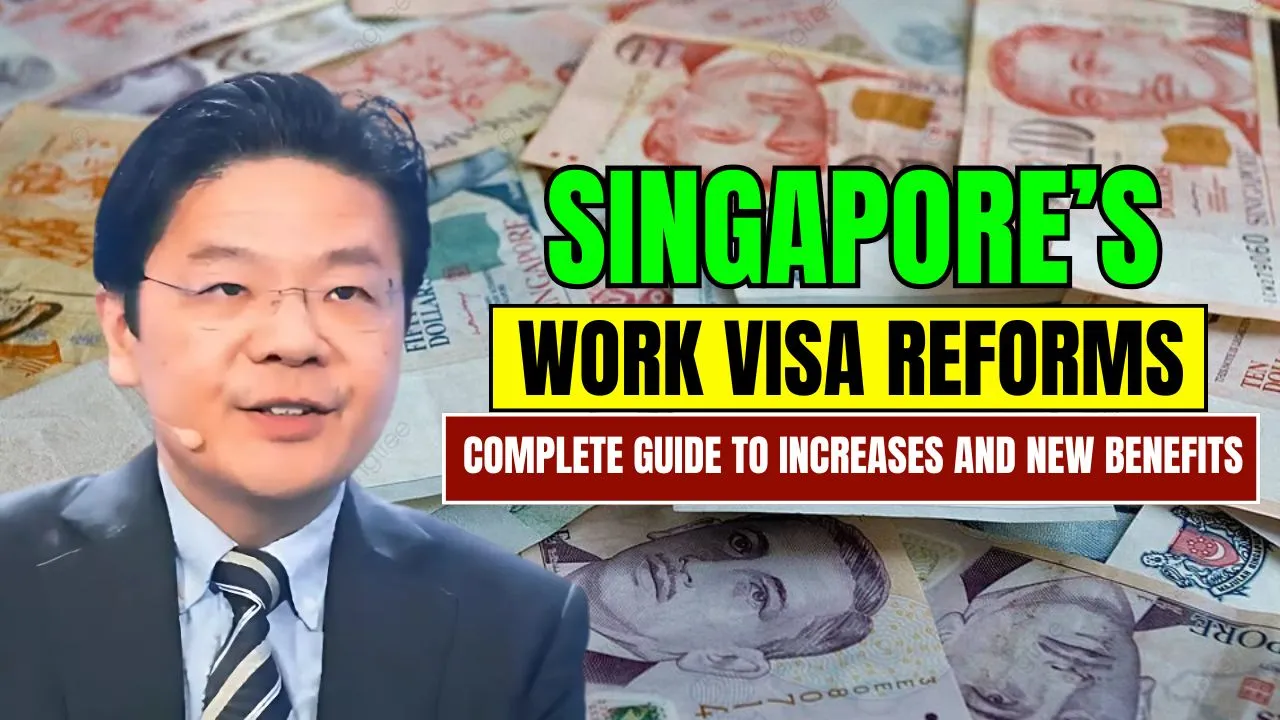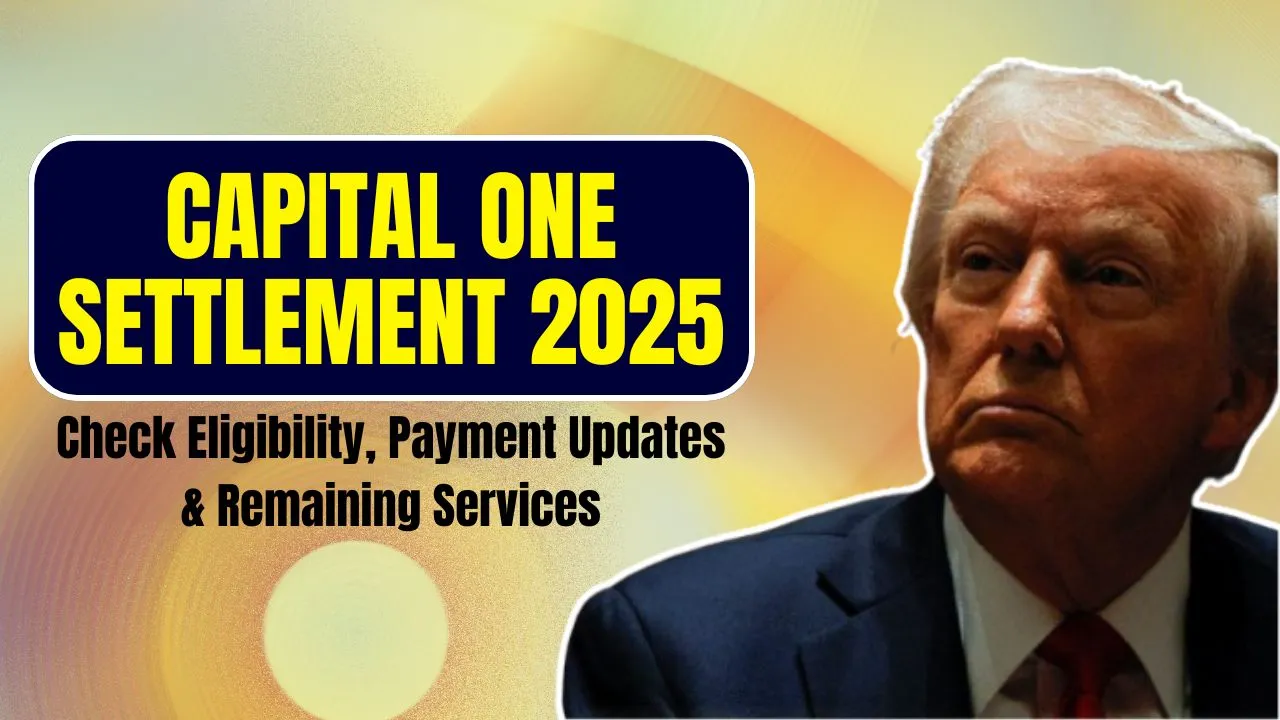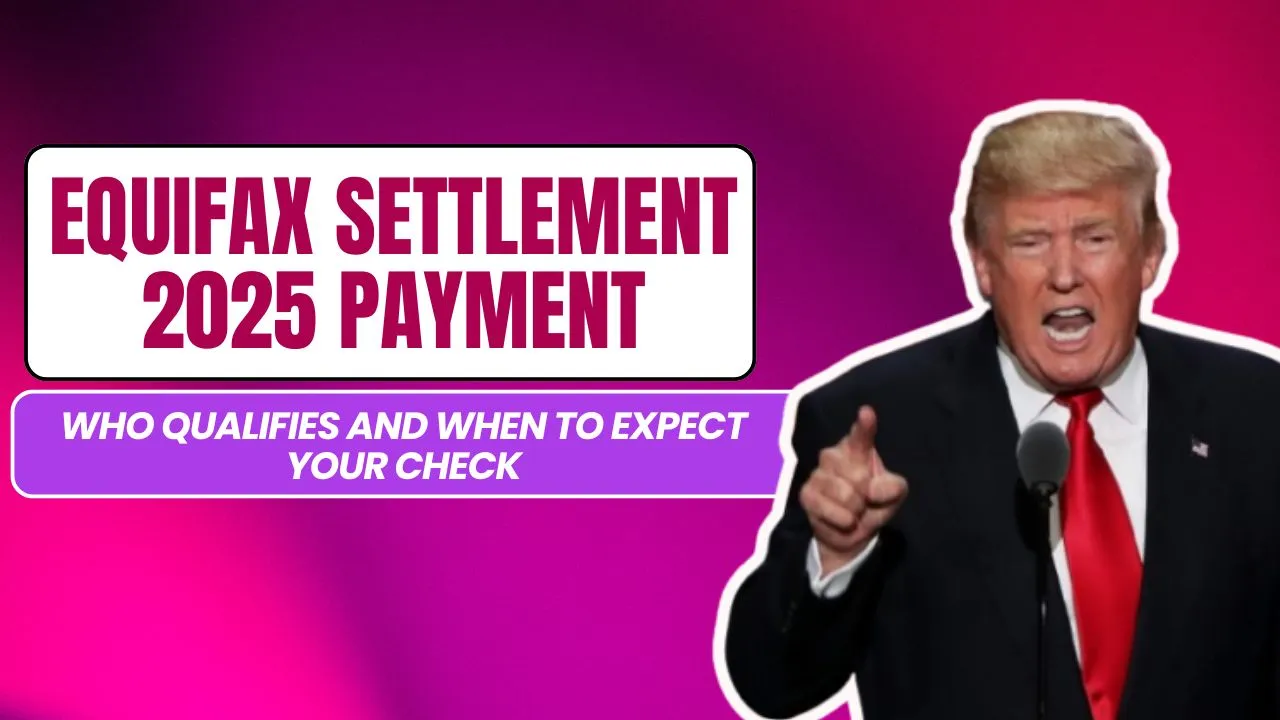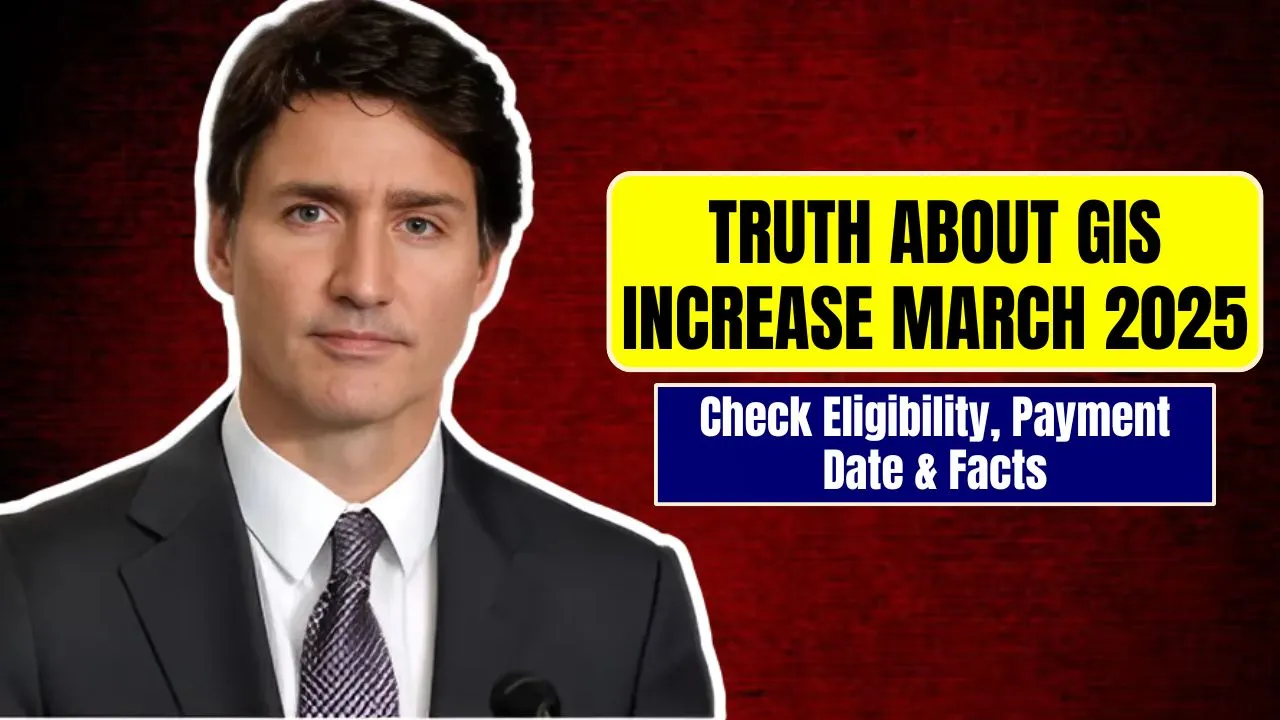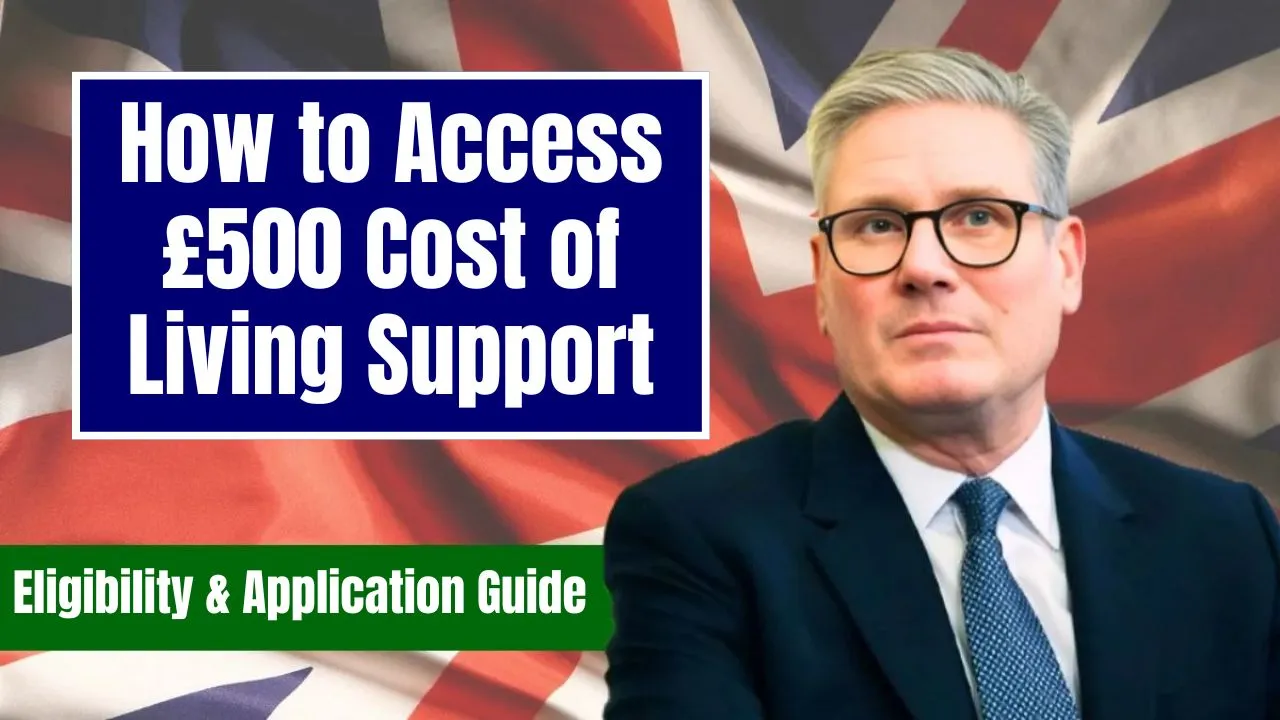Singapore remains a top destination for global professionals due to its strong economy and dynamic workforce. In March 2025, the Singaporean government introduced major reforms to its work visa policies. These updates aim to simplify visa procedures, attract skilled workers, and strengthen Singapore’s status as a leading employment hub. The reforms affect key visa categories, eligibility rules, salary benchmarks, and processing timelines. Anyone looking to work in Singapore must understand these new changes to apply successfully and meet the updated conditions.
This guide covers all essential details about Singapore’s 2025 Work Visa Reforms, including visa types, new policies, eligibility, and how job seekers can benefit from the updates.
Singapore’s 2025 Work Visa Reforms
| Category | Details |
| Country | Singapore |
| Governing Authority | Ministry of Manpower (MOM) |
| Visa Types | Employment Pass (EP), S Pass, Work Permit, EntrePass, Personalised Employment Pass (PEP) |
| Major 2025 Changes | Removal of Work Permit employment limit, increased salary thresholds, expanded occupations |
| Minimum Salary (EP) | S$5,600/month |
| Financial Sector Salary | S$6,200/month |
| Processing Time | EP & S Pass: 3 weeks, Work Permit: 1 week, EntrePass & PEP: up to 8 weeks |
| Official Website | mom.gov.sg |
Understanding Singapore’s Work Visa Options
Singapore offers a variety of work visas tailored to different skills and qualifications. The Employment Pass (EP) is designed for professionals, managers, and executives who meet certain salary and qualification requirements. Mid-skilled workers can apply for the S Pass, while the Work Permit is available for semi-skilled and unskilled workers, especially in construction, manufacturing, and services sectors.
For entrepreneurs planning to set up a business in Singapore, the EntrePass is available, requiring a solid business proposal. Highly skilled professionals who meet specific income criteria may also apply for the Personalised Employment Pass (PEP), which offers more flexibility compared to the EP.
Major Policy Changes Taking Effect in 2025
The Singapore’s 2025 Work Visa Reforms have introduced key updates to improve the employment landscape:
- One significant change is the removal of the maximum employment period for Work Permit holders. This means workers can stay employed indefinitely, as long as they continue to meet the requirements set by their employers.
- Salary thresholds have been increased for certain visa categories. Starting from January 1, 2025, the minimum monthly salary for Employment Pass applicants is now S$5,600, up from the previous S$5,000. In the financial sector, professionals are required to earn at least S$6,200 per month, up from S$5,500.
- The list of occupations eligible for work visas has been expanded to include emerging fields like artificial intelligence, green energy, and advanced technologies.
- Age limits for foreign workers have also been revised, allowing experienced professionals to contribute to Singapore’s economy for a longer period.
These changes are aimed at ensuring Singapore remains competitive and continues attracting top-tier global talent.
Step-by-Step Guide to Work Visa Applications
Each visa type follows a distinct application process:
Employment Pass (EP):
Applicants need a confirmed job offer from a Singapore-based employer. The employer is responsible for applying via the Ministry of Manpower (MOM) portal. The application is processed within approximately three weeks.
S Pass:
This visa also requires an employer to apply on behalf of the worker. Salary and qualification requirements must be met, with processing typically taking about three weeks.
Work Permit:
Employers apply, and approvals are usually granted within a week. This visa mainly applies to semi-skilled workers in industries like construction and manufacturing.
EntrePass:
Entrepreneurs must submit a detailed business plan highlighting the potential economic contribution of their startup. Processing times may take up to eight weeks.
Personalised Employment Pass (PEP):
High-earning professionals can apply without employer sponsorship. This visa offers flexibility, and processing generally takes up to eight weeks.
Preparing all documents correctly ensures smooth processing and avoids unnecessary delays.
Policy Updates Impacting Foreign Workers
Several reforms have been introduced over recent years to refine Singapore’s work visa system. Effective July 1, 2024, the government lifted the restriction on the maximum employment period for Work Permit holders. This move allows continuous employment for qualified individuals without worrying about end dates.
Furthermore, the salary benchmarks for the Employment Pass were increased from January 2025. EP applicants now need to meet a minimum salary of S$5,600 per month, while those in the financial sector need to earn at least S$6,200. Another key requirement introduced earlier, from September 2023, is the COMPASS assessment. This framework evaluates EP applicants based on their educational background, salary offered, employer’s reputation, and industry demand.
These changes ensure that only skilled, qualified, and experienced workers contribute to Singapore’s economy.
The Impact of These Changes on Job Seekers
The 2025 reforms bring multiple benefits to job seekers. The removal of employment duration limits provides more security for Work Permit holders, encouraging long-term career development. The increase in salary thresholds also reflects Singapore’s goal to attract highly qualified professionals who can support key industries.
For skilled workers, entrepreneurs, and experienced professionals, these changes present new opportunities. However, it is important to stay updated on eligibility requirements and salary benchmarks to ensure smooth visa applications.
How to Prepare for a Successful Visa Application
To increase the chances of success, applicants should focus on a few key aspects:
- Confirm that your job offer meets the updated salary thresholds.
- Ensure all necessary qualifications and documents are ready for submission.
- Work with reputable employers registered with Singapore’s Ministry of Manpower.
- Entrepreneurs applying for EntrePass should prepare a detailed business proposal aligned with Singapore’s economic objectives.
- High-income professionals applying for the PEP must demonstrate financial stability and career achievements.
Taking these steps will help applicants navigate the visa process effectively.
Navigating the Future of Work in Singapore
Singapore’s 2025 Work Visa Reforms reflect the country’s strategic workforce planning. By raising salary benchmarks, expanding eligible occupations, and providing more flexibility for foreign professionals, Singapore aims to keep pace with global trends and attract the best talent. Understanding these changes is essential for anyone considering employment or business opportunities in Singapore.
Staying informed about the latest policies will help applicants adapt to the evolving job market and make well-informed career decisions in one of the world’s leading financial and technological hubs.
Conclusion
Singapore’s 2025 work visa updates mark an important shift in the country’s approach to attracting skilled professionals and supporting long-term employment growth. With no employment duration caps for Work Permit holders, higher salary thresholds, and expanded eligibility for emerging industries, the reforms are designed to enhance Singapore’s competitive position globally. Job seekers, entrepreneurs, and skilled workers can benefit from these changes by staying updated and preparing carefully to meet the revised criteria.
FAQs
What is the new minimum salary requirement for Employment Pass applicants in 2025?
The minimum salary for Employment Pass applicants is now S$5,600 per month, with financial sector professionals required to earn at least S$6,200.
Can Work Permit holders work indefinitely under the new reforms?
Yes, as of July 2024, the employment duration limit for Work Permit holders has been removed, allowing them to work indefinitely as long as they meet employer requirements.
What is the COMPASS assessment introduced by Singapore?
COMPASS is an evaluation system that assesses Employment Pass applicants based on factors like qualifications, salary, employer credentials, and industry demand.
Which sectors are newly included in Singapore’s work visa-eligible occupations?
New sectors include artificial intelligence, green energy, and advanced technologies, reflecting Singapore’s focus on emerging industries.
How long does it take to process a Personalised Employment Pass (PEP) application?
PEP applications usually take up to eight weeks, and employer sponsorship is not required.
